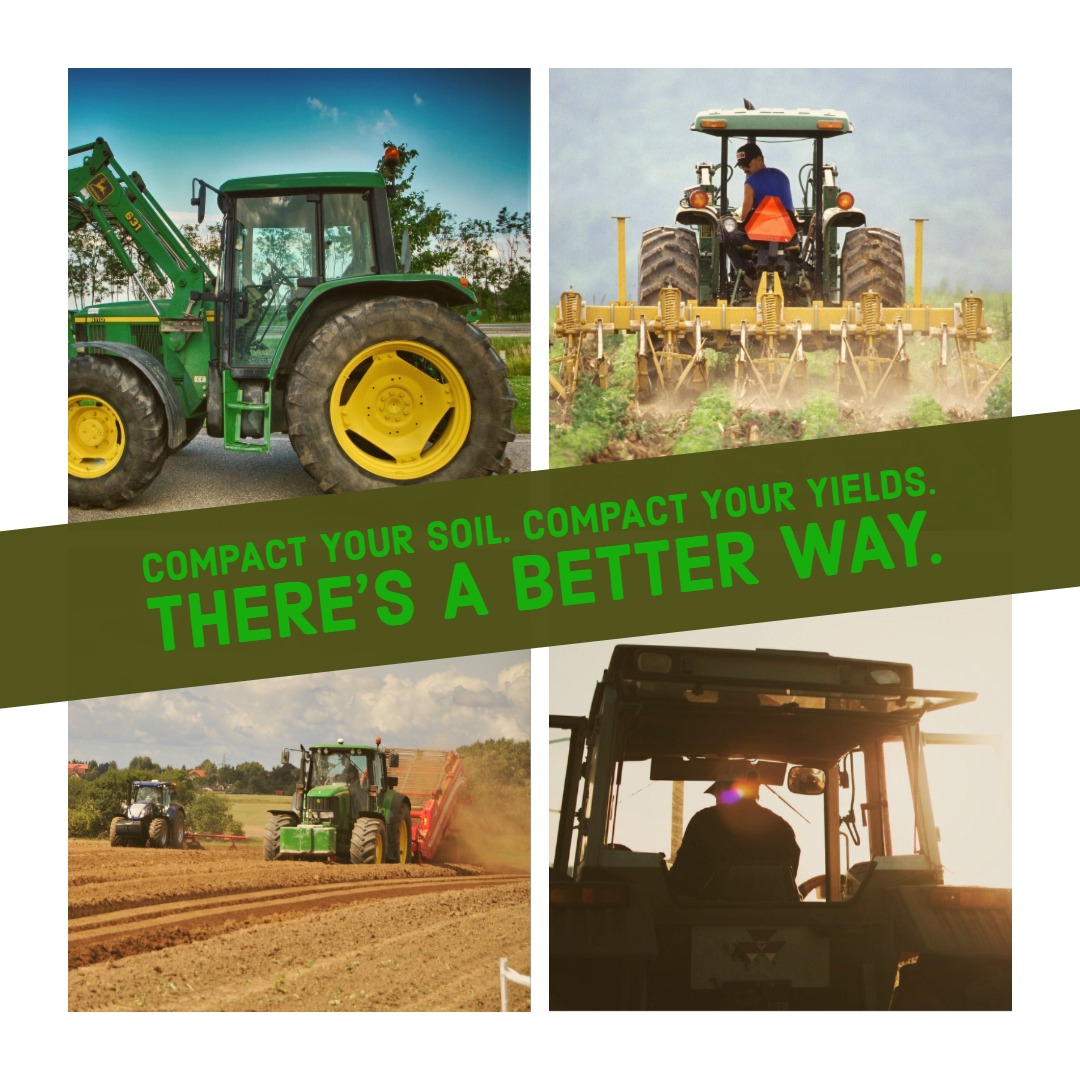What Is Soil Porosity and Why is it Important?
Pore space in soil, also known as soil porosity, describes the amount of negative space between soil particles. Pores, or pore spaces, get created when plant roots, insects, and earth worms move through the soil. Pore space also gets created when below-ground liquids releases gas and as fertilized materials work their way into the soil. In this article we’ll discuss why soil porosity is important and methods farmers can use to increase pore space.
Why Do Plants Need Pore Space?
 One of the primary reasons that plants need pore space is because oxygen gets stored in the pores. Soil that is too densely compacted will not allow for enough oxygen to reach the root system.
One of the primary reasons that plants need pore space is because oxygen gets stored in the pores. Soil that is too densely compacted will not allow for enough oxygen to reach the root system.
Plants absorb water more efficiently when the soil is aerated.
The importance of aeration and pore space depend on the soil in question and generally soils come in three different varieties:
- Clay, these particles are especially small and cause the soil to become extremely dense when water is added.
- Sand, this contains the largest soil particles with single particles available to the naked eye.
- Silt, this has slightly larger particles, but again, when water is added to it the particles bind in a way that is not conducive to plant growth.
May soils are composed of the three different varieties.
The denser a particular area of soil, the more effort will need to be exerted on behalf of the farmer to create the pore space that will allow water movement, oxygen storage, and easy root growth.
Which Products Can Enhance Pore Space?
We at Pro-Soil Ag Solutions have devoted our careers to better understanding soil to maximize crop yields. Our primary field of study is biological farming methods. One of the solutions that we offer farmers is the activation of soil nutrients through below-ground biostimulants. These products are designed to unlock the potential already present in your soil.
We also offer IPS-100, a product designed to improve pore space in marginal and problem soils. IPS-100™ acts as a soil conditioner. This soil conditioner combats the compaction that occurs when heavy farm machinery is used to reduce the manual labor required for farming. Compaction is one of the biggest factors that limits the release of nutrients in the soil.
IPS-100 increases the pore space around the rhizosphere of the plant. Because dense, compacted soil cannot effectively allow water to drain through itself, crop growth gets mitigated. IPS-100, a fully cultured enzymatic biostimulant, allows for exceptional soil drainage and promotes biodiversity.
